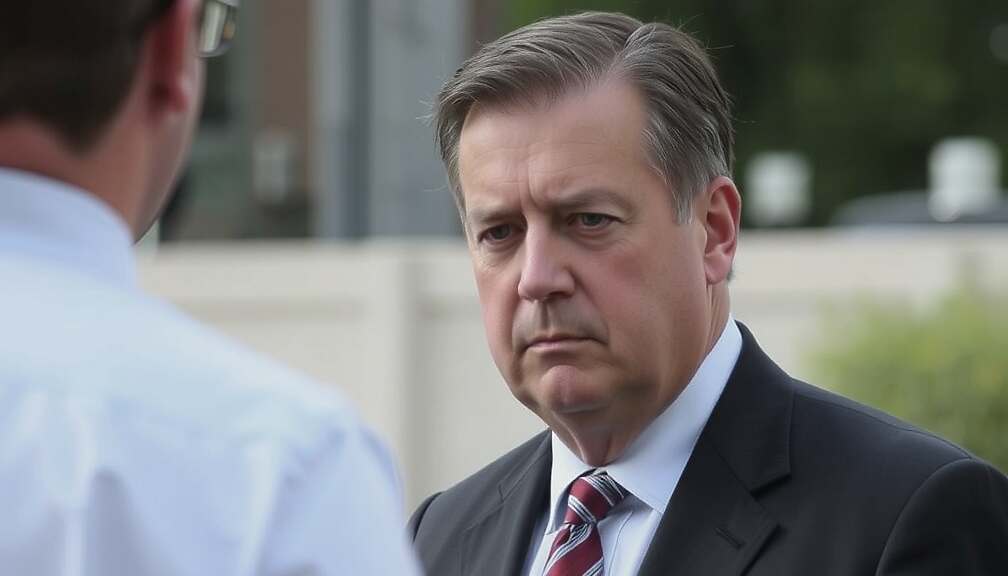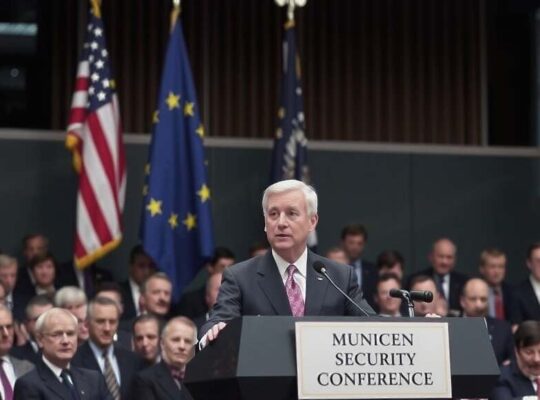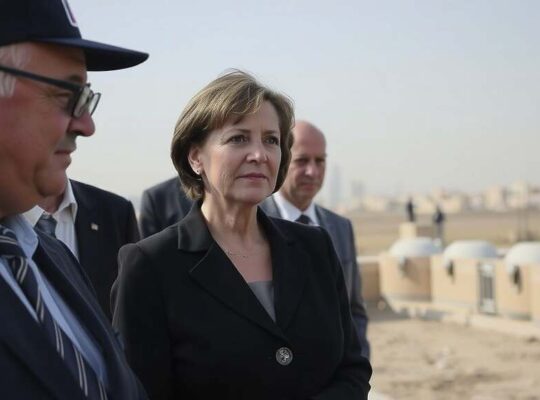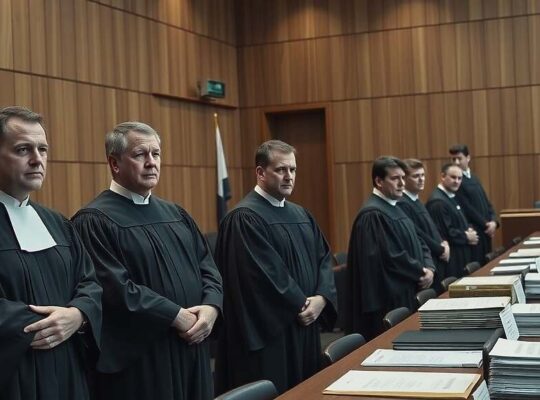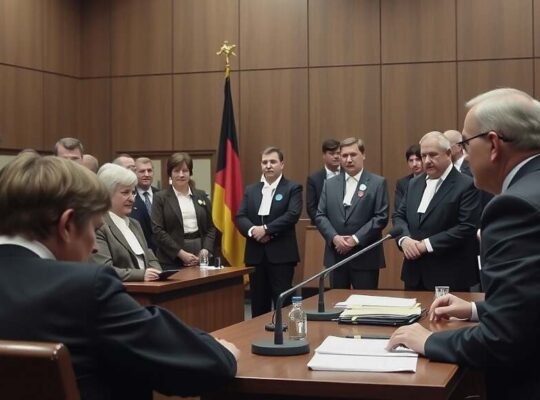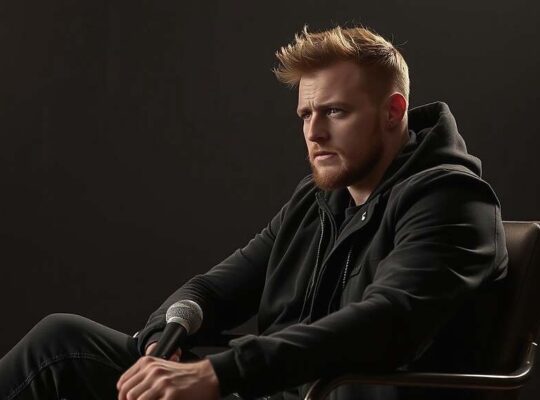The nomination of Frauke Brosius-Gersdorf to the German Federal Constitutional Court continues to generate discussion, but a key figure from her academic past has downplayed concerns regarding the court’s integrity. Constitutional law expert Horst Dreier, who previously supervised Brosius-Gersdorf’s doctoral work, stated that he does not perceive the court as significantly impacted by the controversy.
Dreier emphasized that the court’s operations, including deliberations and rulings, remain ongoing. He suggested that if Brosius-Gersdorf is ultimately confirmed, she would fulfill her role alongside the other justices, noting the composition of constitutional court panels typically comprises eight members. He expressed confidence in the court’s ability to integrate new members. While acknowledging the potential for institutional strain, he indicated understanding and respect for the sensitivity of the situation.
Calls from within the conservative Union faction are urging Brosius-Gersdorf to formally retract her nomination, initially put forward by the Social Democratic Party (SPD). While she has not yet done so, she has signaled a willingness to reconsider should her presence threaten the court’s reputation.
Dreier also refuted the notion that neutrality is a mandatory requirement for constitutional court judges. He argued that judges should possess and clearly articulate their positions, stressing the importance of reasoned argumentation within the judicial process. He further elaborated that a panel of eight judges inherently prevents any single individual from unilaterally advancing a specific agenda.
Dreier described Brosius-Gersdorf as holding clear and well-supported perspectives, which he characterized as consistent with the responsibilities of a legal scholar. He highlighted that reasoned argument, rather than ideological alignment, is the paramount consideration within the court at Karlsruhe.
It is noteworthy that Dreier himself was nominated for a position on the Federal Constitutional Court in 2008, but his candidacy was ultimately withdrawn following scrutiny of his views on bioethical issues.


